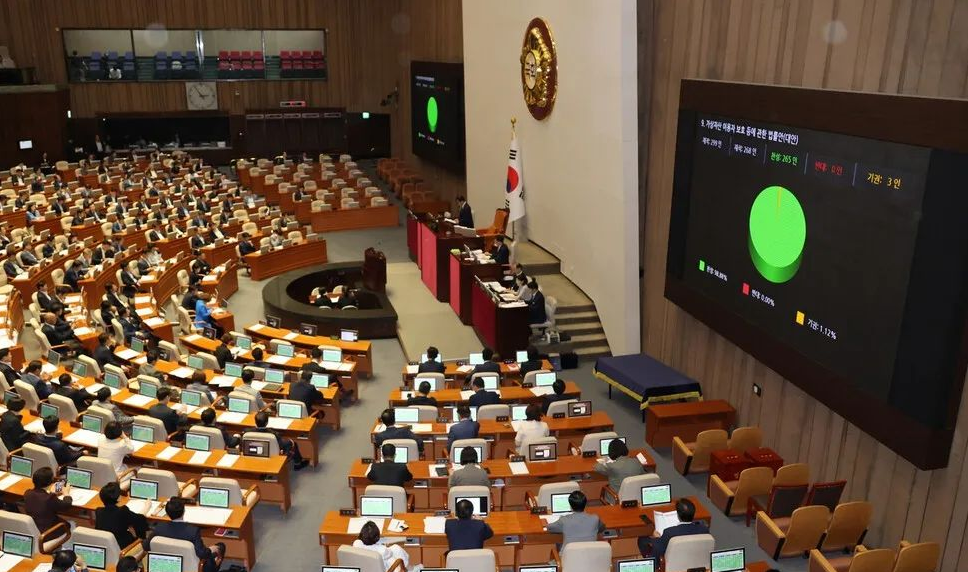Global Times English: China cannot be absent from the digital currency era
Given that digital currency will become an inevitable trend, the digital economy and global technology, finance, capital and economic structure will also undergo profound changes, and China must participate in this round of digital economic competition.

Author: White Night
Last week, Facebook released an official white paper on Libra, a cryptocurrency project, which is expected to release the blockchain-based stable currency by 2020.
- Zhu Jiaming: Don't ignore the capital behind Facebook, and don't underestimate Libra's technology.
- Oracle Announces Support for More Than 50 Startups Accessing Chainlink Predictor for Data Realization
- Market Analysis: BTC continues to break through the new high, and the right side will appear to accelerate the market?
According to related media reports, Facebook has established alliances with 28 partners including Visa, MasterCard, Uber and PayPal, which will run Internet nodes to verify transactions. In addition, Facebook plans to expand the number of alliance members to 100 when Libra is officially released.
Facebook's plans to launch global cryptocurrencies sparked heated discussions about blockchain technology and cryptocurrencies. Some commentators believe that since the launch of Bitcoin in 2009, Facebook currency has probably been the most important thing in the cryptocurrency industry to date. If Libra can be released smoothly, digital currency is expected to become the main battlefield of financial technology and will become the focus of competition in the digital economy.
If Chinese companies are absent from such a landmark event, it can be disturbing. In the past, the United States established dollar hegemony to control global financial and monetary circulation.
What happens if the same story repeats itself in the digital currency era? If China can't participate in the new stage of development of the digital economy revolution, it is likely to be in a passive position in currency competition, not to mention losing its advantage in the Internet and financial technology fields.
In fact, many traditional financial institutions and technology companies have recently tried to launch their own digital assets or blockchain services. In February of this year, JP Morgan Chase announced the launch of the first cryptocurrency JPM Coin endorsed by Bank of America, but these projects may not be comparable to Libra.
Unlike Bitcoin, as well as other existing cryptocurrencies, Libra is seen as an upgrade to blockchain technology and digital assets, and its value is supported by fiat currencies and securities, making it more reliable and stable. Due to Facebook's huge asset reserves, Libra is not only likely to affect the digital economy, but also affect the international financial system.
After Facebook announced the launch of the Lirba white paper, Facebook has revealed that it will have the right to “coin behavior” and create new partners for 2.7 billion people worldwide, making it the “independent central bank” of the digital economy.
Of course, Libra also faces challenges and obstacles, especially as international regulators and policy makers review it as a global currency. Facebook is likely to have reached an agreement with US regulators to guard against regulatory pressures.
Once this alliance is formed, Libra will become the “factual representation” of the dollar in the global digital economy, and in the past, the dollar has lost its dominant position in the digital economy. With Libra, the United States can gain significant first-mover advantage in the digital economy, and it is difficult for governments in other countries to stop Libra from penetrating in its digital economy.
Given that digital currency will become an inevitable trend, the digital economy and global technology, finance, capital and economic structure will also undergo profound changes, and China must participate in this round of digital economic competition.
After decades of hard work, Chinese Internet companies have made achievements in the field of mobile payment and e-commerce. The domestic digital economy has exceeded 30 trillion yuan ($4.36 trillion). In this sense, China has the ability to participate in the next phase of digital economic competition.
However, since digital currencies are easily used for illegal finance, as well as terrorism and criminal activities, strict regulatory controls are indeed needed. In China's financial technology industry, stricter regulation is also needed for financial stability purposes. The cautious attitude of the regulators is one reason why China's financial technology industry is slow to respond to Libra, and the US technology giants have made rapid progress in advancing digital currency. However, as the era of global digital economic competition approaches, domestic industries and regulators must engage in more dialogue, understanding, and even encouragement of digital currencies. Otherwise, China may fall behind in the new financial landscape.
Source: Carbon chain value
We will continue to update Blocking; if you have any questions or suggestions, please contact us!
Was this article helpful?
93 out of 132 found this helpful
Related articles
- Beyond Bakkt? LedgerX approved to launch physical bitcoin futures contract
- JPMorgan Chase: It is expected to start testing JPM Coin at the end of this year
- Getting started with blockchain | Do you know the 50 blockchain terms? (on)
- Babbitt Column | Cash Pump: Libra
- China's proposed cryptographic law clarifies that no organization or individual may steal other people's encrypted information.
- Splashing a cold water: "Head and shoulders top" constitutes Bitcoin may fall back to $3,000?
- Currency Logic | Dollar, Bitcoin and Facebook Pattern






